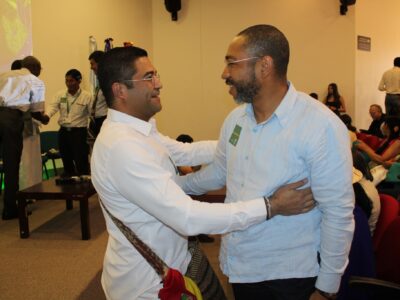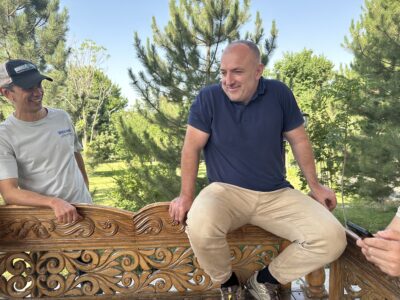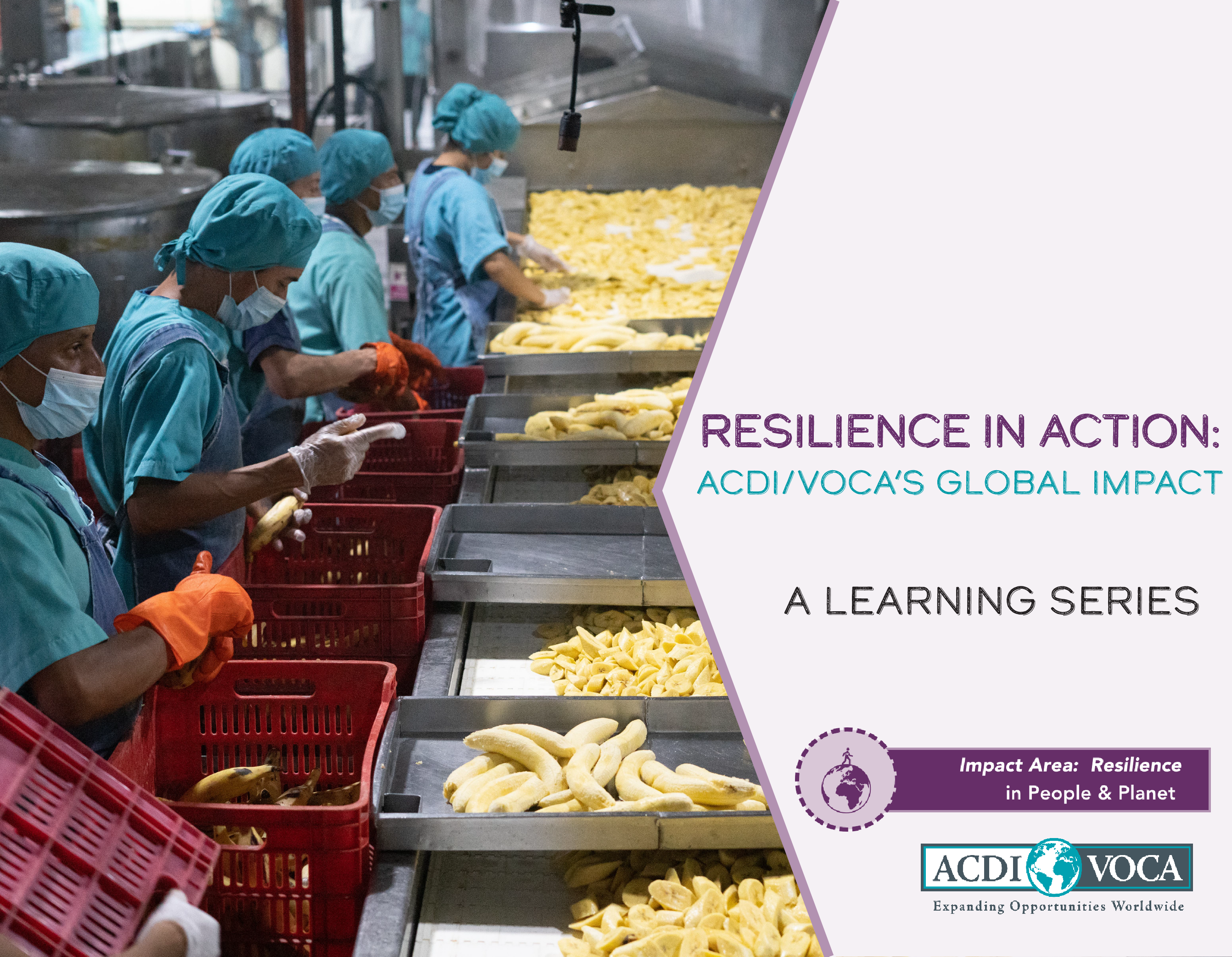
When disaster strikes—whether natural or man-made—our response reflects our preparedness. At ACDI/VOCA, we foster resilience so households, communities, and institutions can adapt and thrive in the face of adversity.
We view resilience as the development of thriving ecosystems equipped with the resources to identify, assess, mitigate, and respond to shocks and stressors. These ecosystems enable institutions, governments, and communities to implement locally-driven solutions to complex challenges. ACDI/VOCA has a long history of supporting public and private institutions at the community level, strengthening their capacity to create sustainable approaches that help them endure crises and re-establish services and systems afterward.
Systems Work is Resilience Work
Our projects around the world impact the resilience of communities and households by informing and positively affecting the systems in those communities. Some projects specifically focus on building resilience, while in other cases, the need to develop resilience strategies arises during the project. Creating sustainable change across various contexts and interconnected systems involves identifying and addressing social and resource challenges. These challenges can cause stress for individuals and households, affect livelihoods, and reduce productivity. Regardless of whether resilience-building is the project’s primary goal, it is always an important component.
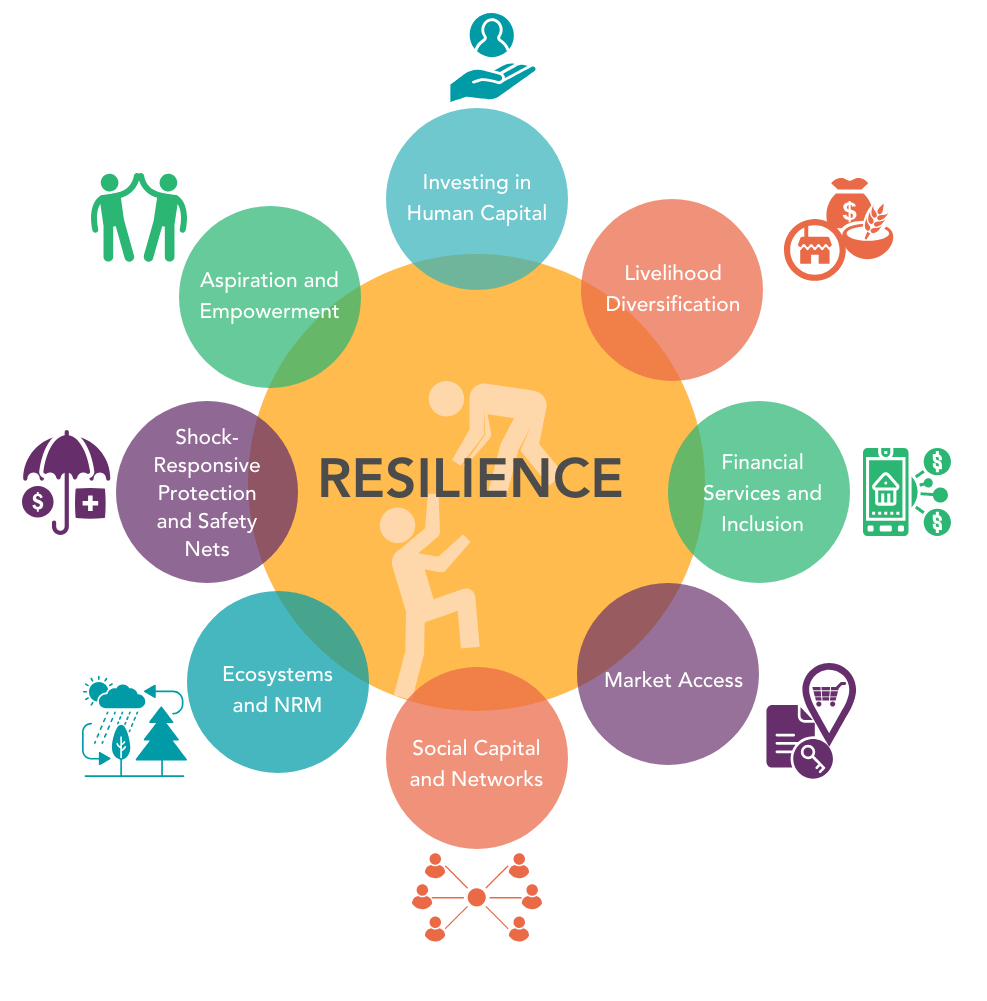
ACDI/VOCA helps communities understand and manage risk, invest in practices that build resilience, and respond to and recover from shocks by building social and economic networks and supporting the creation of necessary resources to ensure communities are prepared for unanticipated events.
In this series, we will be sharing stories of the various ways we have fostered resilience for households and communities around the world. In this post, we will explore:
- Diversifying Livelihoods and Investing in Human Capital in Honduras
- Strengthening Social Capital and Building Networks to Withstand Conflict in Burkina Faso
Better Jobs Address Social Challenges and Stem Migration
Migration significantly impacts societies in many parts of the world. In Honduras, a substantial portion of the population feels compelled to leave due to political insecurity, crime, and lack of economic opportunity. Thousands of Hondurans have fled or are considering leaving the country. A 2022 study[1] reported that an estimated 48 percent of Hondurans intended to migrate.
Despite the persistent challenges driving migration from Honduras, there are positive signs of change within the country. The USAID/Honduras Transforming Market Systems (TMS) Activity is improving economic conditions, creating jobs, and building resilience through sustainable economic opportunities that motivate people to stay and invest in Honduras.
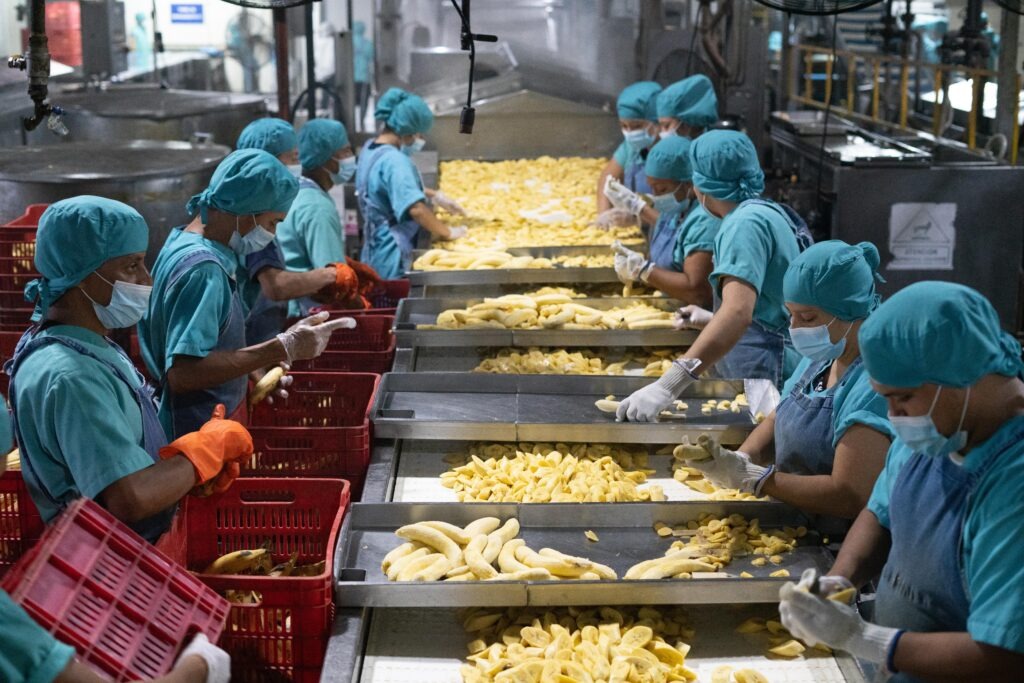
Between 2020 and 2024, TMS created 48,000 jobs and generated an impressive $256 million in additional annual earnings for Honduran workers. Small businesses drive job creation, with ACDI/VOCA playing a vital role in reducing obstacles to their growth and supporting inclusion and resilience. In 2023, 91 percent of people who accessed a job through TMS expressed their desire to stay and build their futures in Honduras, proving that TMS is not just creating jobs; it is transforming lives.
TMS aims to nearly double the number of jobs over the next three years, addressing migration pressures caused by the annual entry of 100,000 youth into the workforce. By supporting communities and the private sector with tools to build resilience against economic hardship, TMS hopes to help people manage and overcome the risks that once drove them to leave.
Communities Collaborate for Social and Economic Stability Amid Conflict
In Burkina Faso, the Victory Against Malnutrition Plus (ViMPlus) Resilience and Food Security Activity was implemented amidst widespread conflict and severe political instability. The violent context and two coup d’états exacerbated extreme poverty and chronic malnutrition in the Centre-Nord region, further destabilizing local government systems. In response, the ViMPlus Activity rapidly doubled down on its focus to strengthen the capacity of local institutions and organizations to rebuild functional community structures.
After identifying the needs and barriers to development through consultation with leaders and community members, the project facilitated peer learning sessions among local leaders representing different segments of the population in each village (including the increasing numbers of internally displaced persons). These sessions fostered collaboration and strengthened skills that empowered community leaders, promoted participatory self-financing, and enhanced quality of life. ViMPlus provided training to develop the administrative, financial, and asset management capacities of Village Development Councils (Conseil Villageois de Développement or CVDs in French), including creating roles and responsibilities, conducting monitoring and evaluation, and fostering cultures of accountability and transparency.
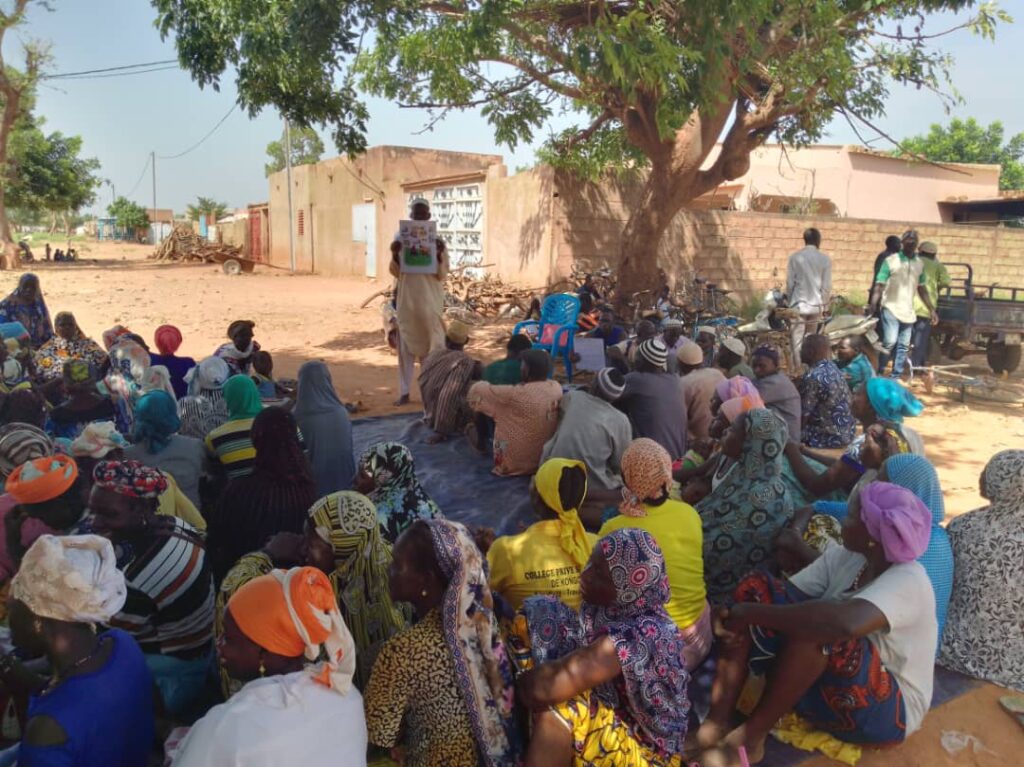
In 26 villages, CVDs organized networking sessions to discuss non-violent conflict management, inclusive planning, social cohesion, and good governance. These sessions led to better resource mobilization strategies and the formation of inter-village unions. Water User Associations (WUAs) also participated in experience-sharing exercises to improve water management. As leaders grew more confident, the CVDs organized accountability days to share their progress with the community, building trust and commitment. Peer learning networks were also established to share information between communities.
These community structures now manage both community-generated and external funds to repair roads, combat climate change, and improve economic prospects, incorporating regular and transparent reporting and increased involvement of women in decision-making. This approach strengthened the sustainability of investments, improved local planning, and reinforced leadership in community development. Regular evaluations and capacity-building plans show significant performance improvements among local organizations, demonstrating resilience and growth despite severe humanitarian challenges.
In our next post, we will examine how we are building market access, empowering women in Bangladesh, and supporting capacity and income diversity in Laos.
[1] Study conducted by the International Organization for Migration (IOM).
Read the second installment, Resilience in Action: Advancing Market Access and Women’s Empowerment in Bangladesh and Laos, here.
Read the third installment, Resilience in Action: Financial Inclusion and Market Strengthening in Kenya and Myanmar, here.
Comments
